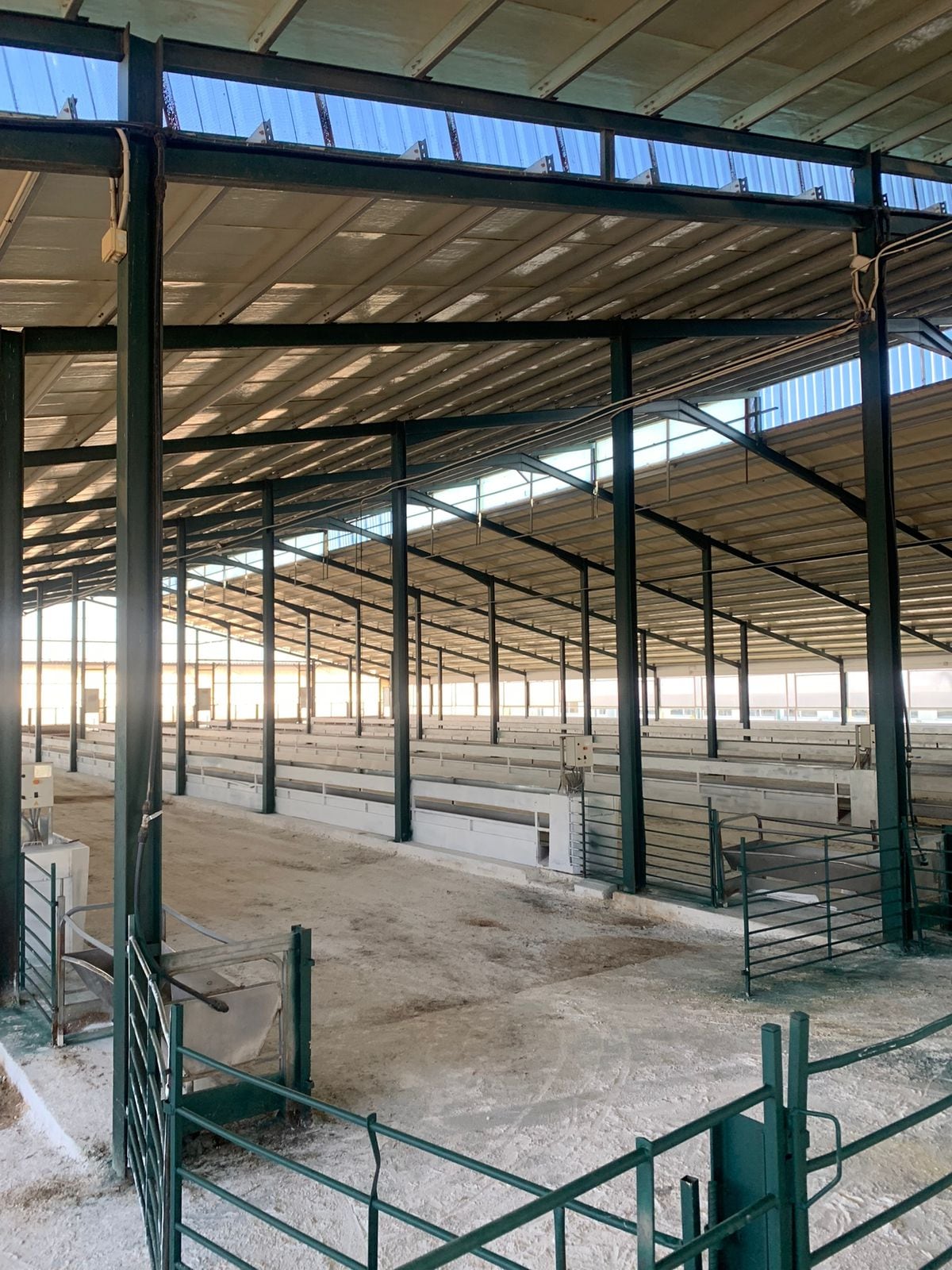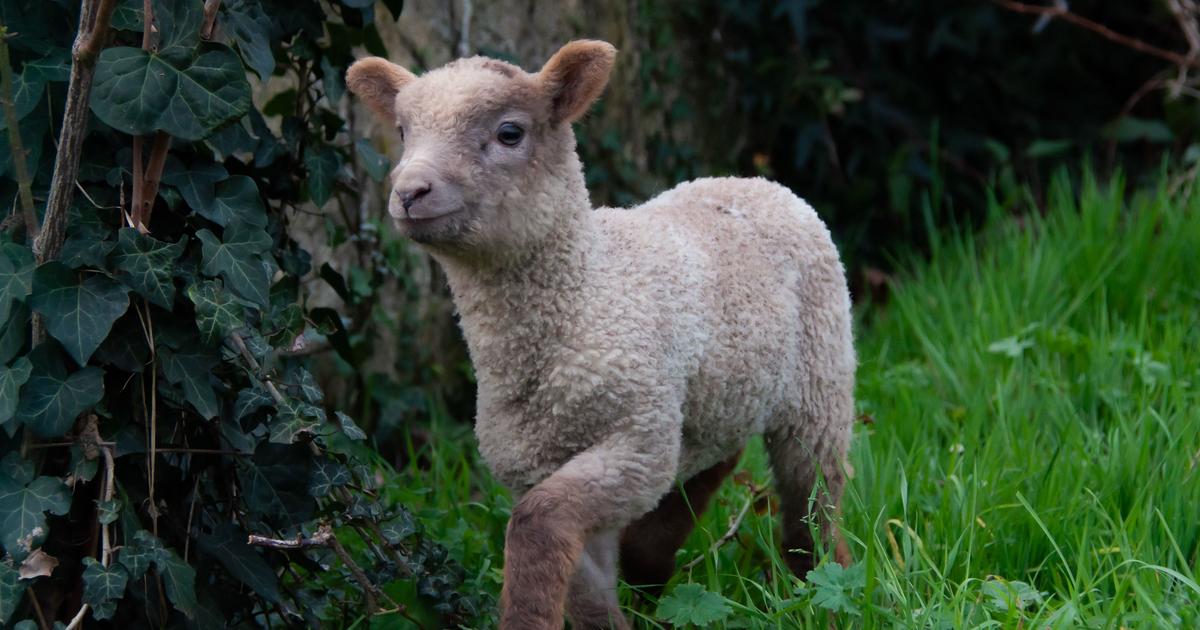The Junta de Castilla-La Mancha has ordered the quarantine of all livestock farms with sheep or goats in Albacete, Cuenca, Toledo and Ciudad Real due to the spread of sheep pox.
Guadalajara is excluded because there are few cattle.
The measure affects 6,000 livestock farms and a herd of three and a half million sheep and lambs.
The disease has already forced the slaughter of almost 40,000 animals, according to the Ministry of Agriculture and Rural Development.
So far, outbreaks have only been detected in two provinces: Ciudad Real and Cuenca.
The first outbreaks began in the latter at the end of last year, with six outbreaks in Villaescusa de Haro and four in Tébar and La Alberca de Záncara.
However,
The general director of Agriculture, Cruz Ponce, has signed an order that has come into force this Tuesday and that prohibits the movement of animals between farms.
The objective is clear: to prevent cattle from mixing with each other and the spread of contagion.
“It is something similar to what was done with the covid, but with the animals”, explains the Castilian-Manchegan general director.
There will only be one exception: cattle may go to slaughterhouses for slaughter.
The milk from the sheep can also be collected because we are talking about the raw material of the star product of this autonomous community: Manchego cheese.
The Minister of Agriculture, Francisco Martínez Arroyo, justified this Monday the taking of this measure to protect production, which broke records last year.
There is no risk to humans
The Castilian-Manchego government wanted to be emphatic when explaining that sheep pox is not a disease that is transmitted to humans.
"It is not a zoonotic disease," says the general director of Agriculture, so "there is no possibility of contagion to people."
She adds that "you can carry the virus, for example, on your clothes and move it from one farm to another, but you can't catch it."
Hence, security measures are taken to extremes in the transfer of animals from one farm to another.
A very common practice was for ranchers to sell cattle among themselves, something that will now be prohibited because they will only be able to go to the slaughterhouse.
The measure also has no temporary validity.
"The idea is that the feedlots finish their fattening cycle - from the moment they receive the animal and take it to the slaughterhouse - so that the farms are emptied and the facilities can be disinfected," said this senior regional government official, for which reason we would be talking about a couple of months.
The government of Castilla-La Mancha wants to compensate farmers for these disorders and so far those who have already been affected by an outbreak of sheep pox have received a total of four million euros.
Castilla-La Mancha is the only region of the European Union that currently has outbreaks of sheep pox.
The disease arrived in the province of Cuenca from a feedlot in Granada, where it has already been considered controlled.
Sheep pox is included in category A within the European Union's regulation of animal diseases, which implies taking measures in the event of detecting foci.









